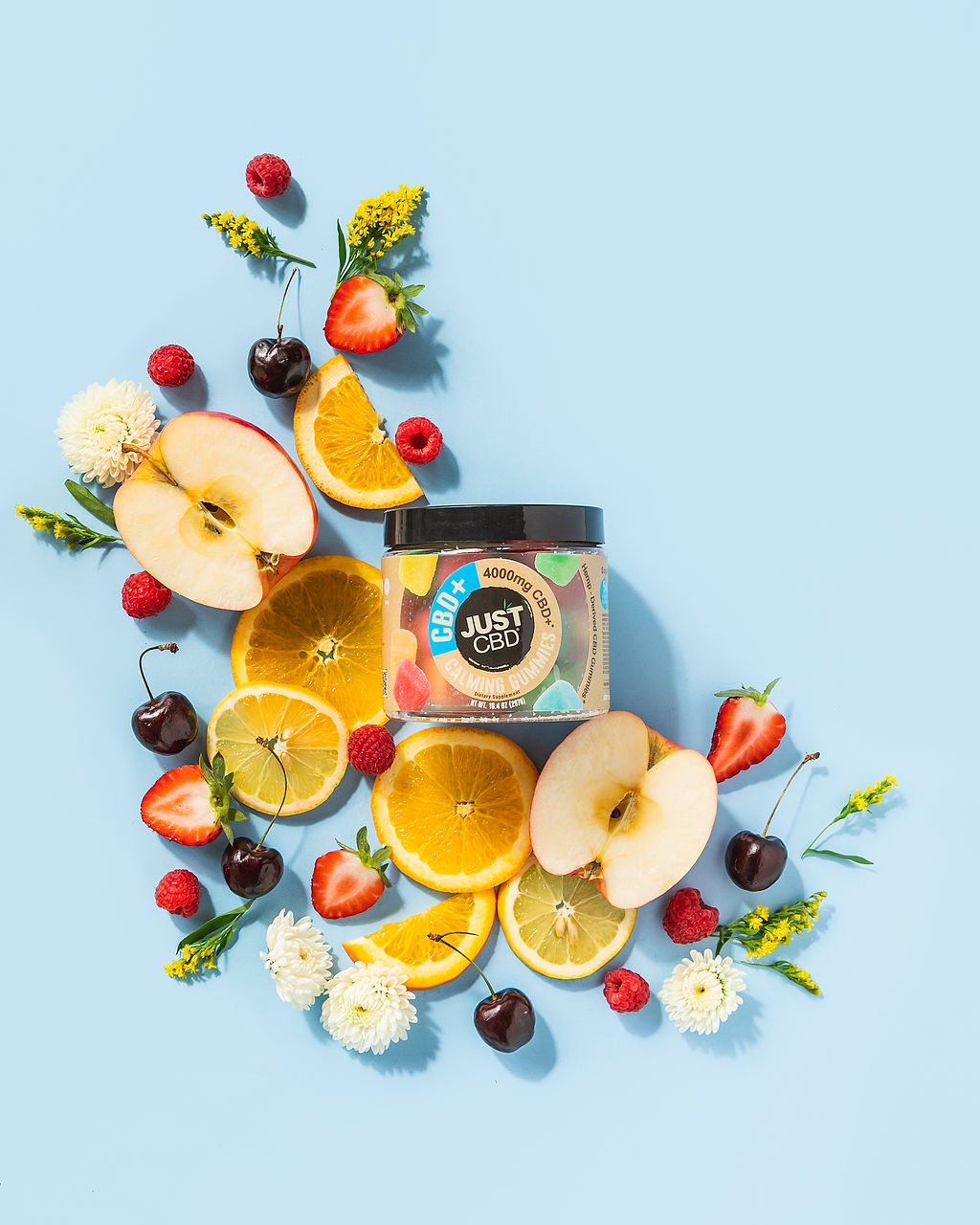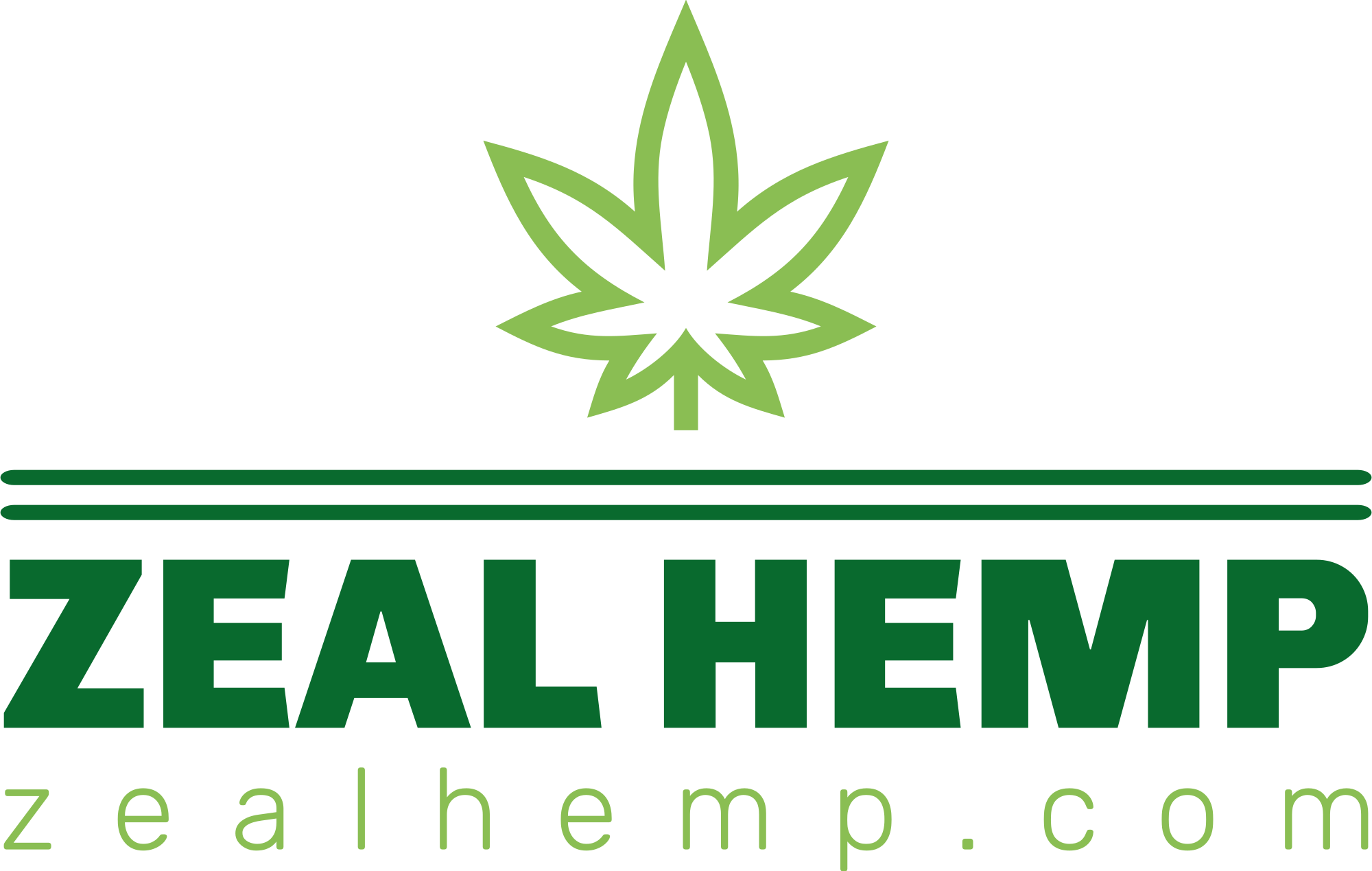Are CBD Gummies Legal? A Complete Explanation
Federal Law
Navigating the legal landscape surrounding CBD can be complex, especially with the growing popularity of CBD gummies. Federal law in the United States plays a crucial role in determining the legality of these products.
Hemp-Derived CBD
Hemp-derived CBD is legal under federal law in the United States as long as it contains less than 0.3% delta-9 THC, the psychoactive compound found in cannabis. This legality stems from the 2018 Farm Bill, which removed hemp and its derivatives, including CBD, from the Controlled Substances Act.

Marijuana-Derived CBD
Marijuana-derived CBD, however, remains illegal under federal law. The 2018 Farm Bill specifically legalized hemp-derived CBD while leaving marijuana-derived products subject to federal regulations.
State Laws
While federal law provides a framework for CBD legality, it is important to note that individual states have the authority to establish their own regulations.
Varying Regulations
This means that the legal status of CBD gummies can vary significantly from state to state, even if they are federally legal.
- Some states have fully embraced CBD and allow for the sale and consumption of CBD products derived from both hemp and marijuana.
- Other states may have restrictions on the type of CBD allowed (hemp-derived only), the concentration of THC, or where CBD gummies can be sold.
- A few states still prohibit CBD entirely, regardless of its source.
It is crucial for consumers to research their state’s specific laws and regulations regarding CBD gummies before purchasing or consuming them.
CBD Oil vs Gummies
Navigating the legal landscape surrounding CBD can be complex, especially with the growing popularity of CBD gummies. Federal law in the United States plays a crucial role in determining the legality of these products.
Hemp-derived CBD is legal under federal law in the United States as long as it contains less than 0.3% delta-9 THC, the psychoactive compound found in cannabis. This legality stems from the 2018 Farm Bill, which removed hemp and its derivatives, including CBD, from the Controlled Substances Act.
Marijuana-derived CBD, however, remains illegal under federal law. The 2018 Farm Bill specifically legalized hemp-derived CBD while leaving marijuana-derived products subject to federal regulations.
While federal law provides a framework for CBD legality, it is important to note that individual states have the authority to establish their own regulations.
This means that the legal status of CBD gummies can vary significantly from state to state, even if they are federally legal.
- Some states have fully embraced CBD and allow for the sale and consumption of CBD products derived from both hemp and marijuana.
- Other states may have restrictions on the type of CBD allowed (hemp-derived only), the concentration of THC, or where CBD gummies can be sold.
- A few states still prohibit CBD entirely, regardless of its source.
It is crucial for consumers to research their state’s specific laws and regulations regarding CBD gummies before purchasing or consuming them.
Other Considerations
Beyond the federal legal framework, several other factors influence the legality and accessibility of CBD gummies. The production process, labeling requirements, and potential interactions with medications all contribute to a complex regulatory landscape. Understanding these nuances is essential for both consumers and businesses navigating the world of CBD products.

Product Labeling
Product labeling plays a crucial role in ensuring the safety and legality of CBD gummies.
Labels must clearly state the amount of CBD per serving, the total number of servings in the package, and any other ingredients used.
Additionally, labels should clearly indicate whether the CBD is derived from hemp or marijuana, as this distinction is legally significant.
Accurate labeling helps consumers make informed decisions about the products they purchase and use.
It also allows regulators to monitor compliance with legal requirements.
Third-Party Testing
Third-party testing plays a vital role in ensuring the quality, safety, and legality of CBD gummies. Independent labs analyze samples for potency, purity, and the presence of contaminants like heavy metals or pesticides. These test results provide valuable transparency for consumers, allowing them to verify the claims made on product labels and make informed purchasing decisions. Third-party testing also helps manufacturers ensure their products meet regulatory standards and comply with labeling requirements.
Age Restrictions
The production process of CBD gummies can impact their legality. Manufacturing practices must adhere to strict guidelines to ensure product safety and quality.

- GMP (Good Manufacturing Practices) compliance is crucial for producing legally sound CBD gummies. This involves adhering to standardized procedures for handling, processing, and packaging ingredients.
- Licensed and regulated facilities are essential for legal production. CBD gummy manufacturing should take place in licensed facilities that meet state and federal requirements.
- Proper sourcing of ingredients is paramount. Suppliers must provide documentation proving the legality and quality of their hemp or marijuana extracts used in the gummies.
Order High-Quality Gummies for Anxiety and Pain
Try natural-flavor cbd gummies from JustCBD
Read more of this kind of post
Read the complete blog post
- Why Has My Lip Filler Disappeared - November 4, 2025
- What Is The Function Of The Preauricular Gland? - November 3, 2025
- What Are The Best Flavours Of CBD Gummy Sweets - November 1, 2025
